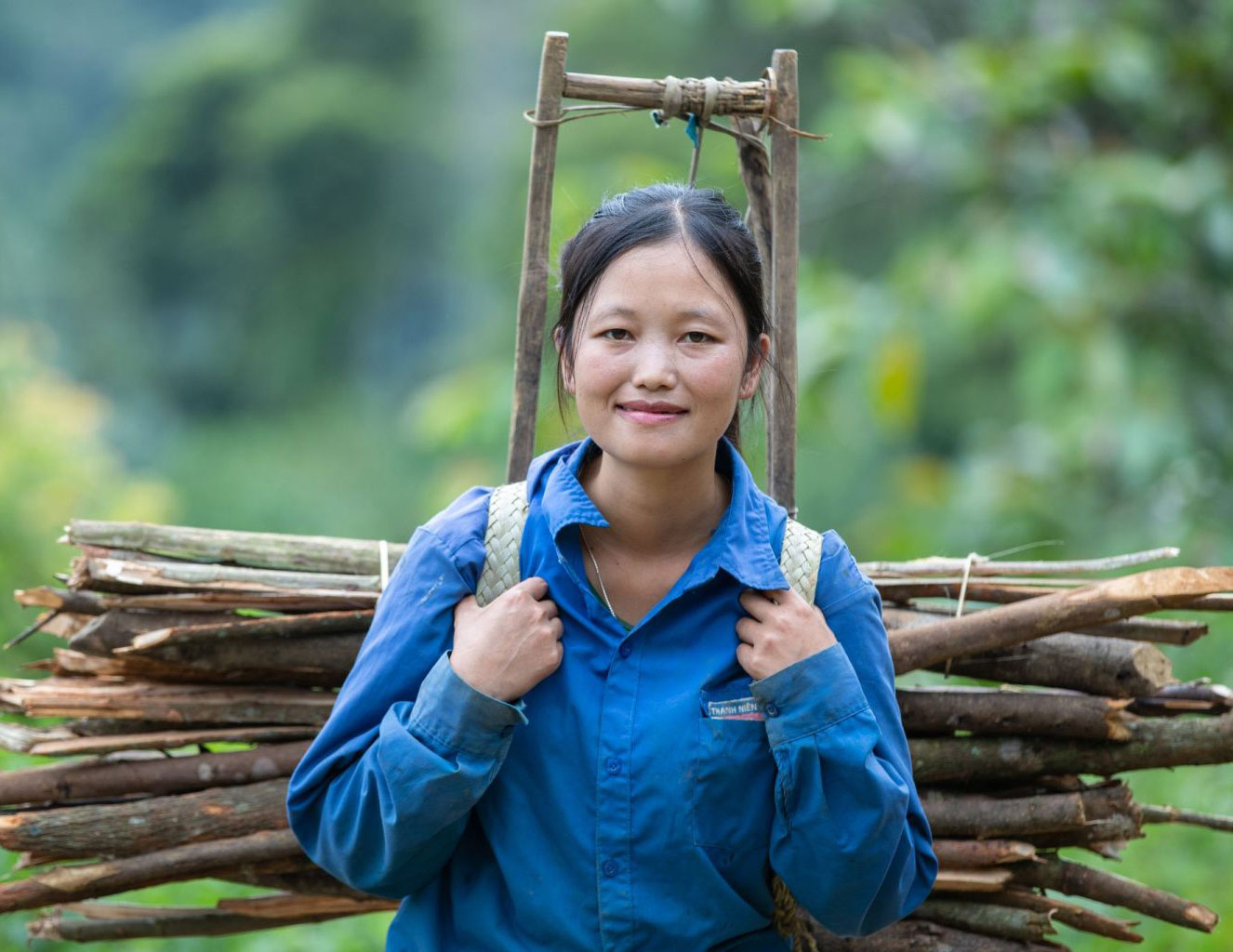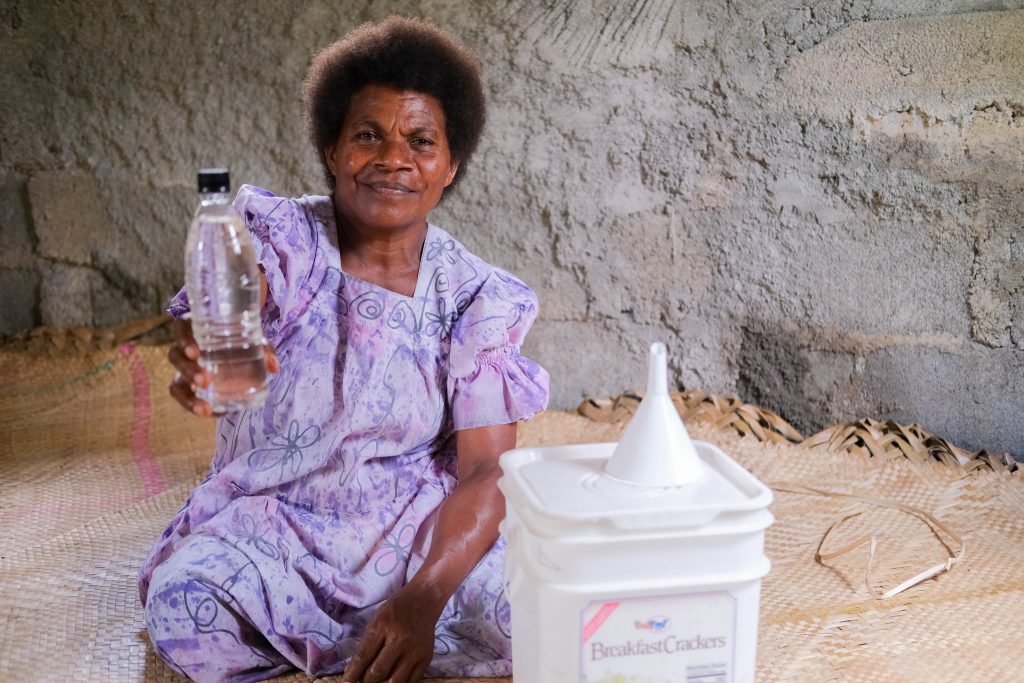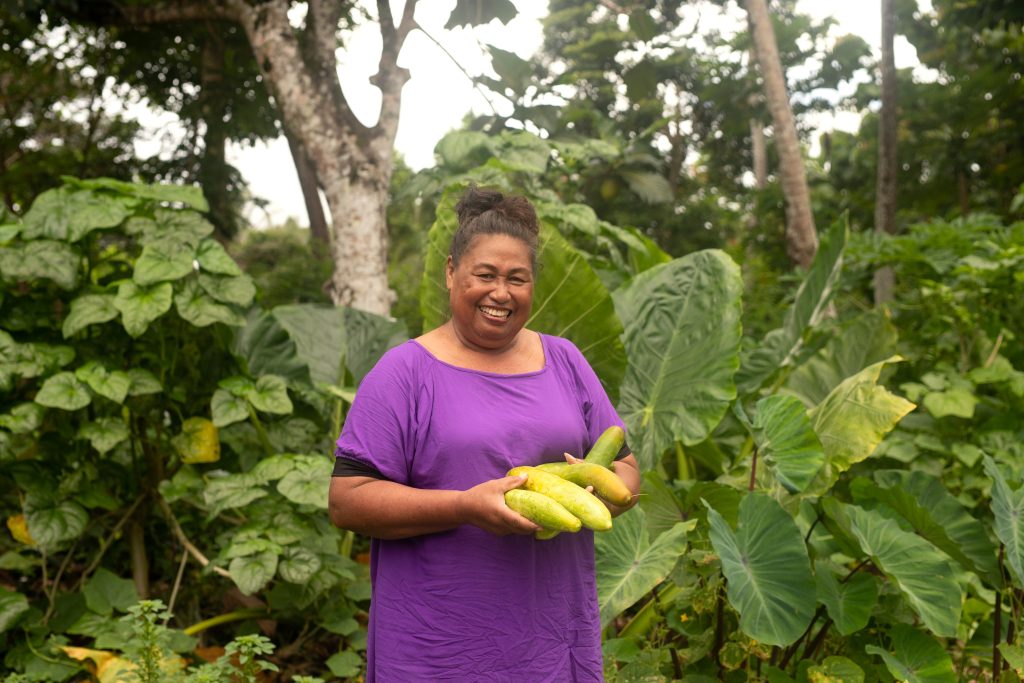The world’s poorest people are experiencing the impact of climate change with devastating consequences.
Climate change is set to push an additional 132 million people into poverty by 2030. People who have contributed least to global warming are already feeling the effects the most and being left to deal with the consequences.
CARE supports communities to adapt to the changing climate. This means diversifying food production and income, so they always have a backup. It means introducing drought resistant seeds, climate-resilient livestock and water-saving technologies. It means investing in community-based early warning systems and supporting governments to improve their disaster forecasting and climate policies.
Fast Facts
Women are more impacted by climate change and disasters. In the Asia-Pacific region, women and children are 14 times more likely than men to die in a disaster and its aftermath.
In 2022, over 140 disasters struck the Asia-Pacific region, affecting over 64 million people and leading to over 7,500 deaths.
In 2024, close to 300 million people around the world will need humanitarian assistance and protection, due to conflicts, climate emergencies and other crises.
Spotlight program: MekongElevate
Ethnic communities leading inclusive climate action
In Cambodia, Laos, and Vietnam, isolated and marginalised upland communities are particularly vulnerable to the climate crisis due to their reliance on climate-sensitive sectors for their livelihoods, limited opportunities to adopt climate-smart agriculture (CSA) practices and innovations, and a lack of safety nets.
In June 2025, with funding from DFAT under the Mekong-Australia Partnership Program, CARE launched the four-year MekongElevate project. MekongElevate aims to build more resilient upland communities capable of adapting to, mitigating, and recovering from climate change impacts. In particular, the project focuses on strengthening the climate resilience and livelihoods of ethnic minority women and people with disabilities.
Implemented across two interconnected, mountainous border regions in six provinces across Cambodia, Laos, and Vietnam, MekongElevate will reach 140 communities and 70,000 ethnic minority individuals. Additionally, the project will aid local authorities, civil society organisations (CSOs), and private sector actors who will benefit from partnerships, knowledge-sharing, and collaboration.

Impact stories
Margaret in Vanuatu
In Vanuatu, the country faces major challenges due to limited economic opportunity, scarce government resources, challenging geography and extreme vulnerability to disasters and climate change.
“From my point of view, women in our community support development,” Margaret Rasai, from Tanna Island, told us. “We work with men to make changes in our community, because men cannot make a change by themselves.”
Women are more vulnerable in times of climate-driven disaster. This is why their engagement and leadership is critical during times of crisis, to speak and act on behalf of those most impacted.
CARE’s work in Disaster Risk Reduction (DRR) ensures women’s voices are heard to help drive a more effective response that considers all members of the community. In addition, we recognise the importance of supporting programs that will lead to long-term resilience and adaptability in the face of these disasters.
Our Village Savings and Loans Associations (VSLAs) are self-managed groups in communities that save their money in a safe space, access small loans, and obtain emergency insurance.
This has helped women to build their businesses or alternative ways of making a living. VSLAs have meant women are able to better provide for their families, invest in their children’s education and absorb the impact of disasters. In Lenaken and Lounoula, VSLA members were able to share out their savings to help them rebuild their houses and purchase food and clean water for their family members after the twin cyclones that hit Vanuatu in March 2023.

Repeka in Samoa
CARE’s work in Samoa, through partner WIBDI (Women in Business Development Inc) is focussed on Community-Based Disaster Risk Management, with the aims of making communities more resilient to climate change and disasters. This is being achieved through 19 disaster risk awareness and planning within communities and improving climate-smart agriculture (including waste management).
Farmer, Repeka, participated in WIBDI’s seedling distributions project. The project provides women with resilient seedlings and training, helping improve their ability to grow their own fruit and vegetables; in turn enhancing their climate resilience.
Repeka is saving money and feeding her family a healthy diet thanks to the seeds she received and the skills she learnt.

Photos: © Denise Schneider/CARE, © Georgina Ishmael/CARE, © CARE and © Sincerely, Alexia Rae/CARE.

